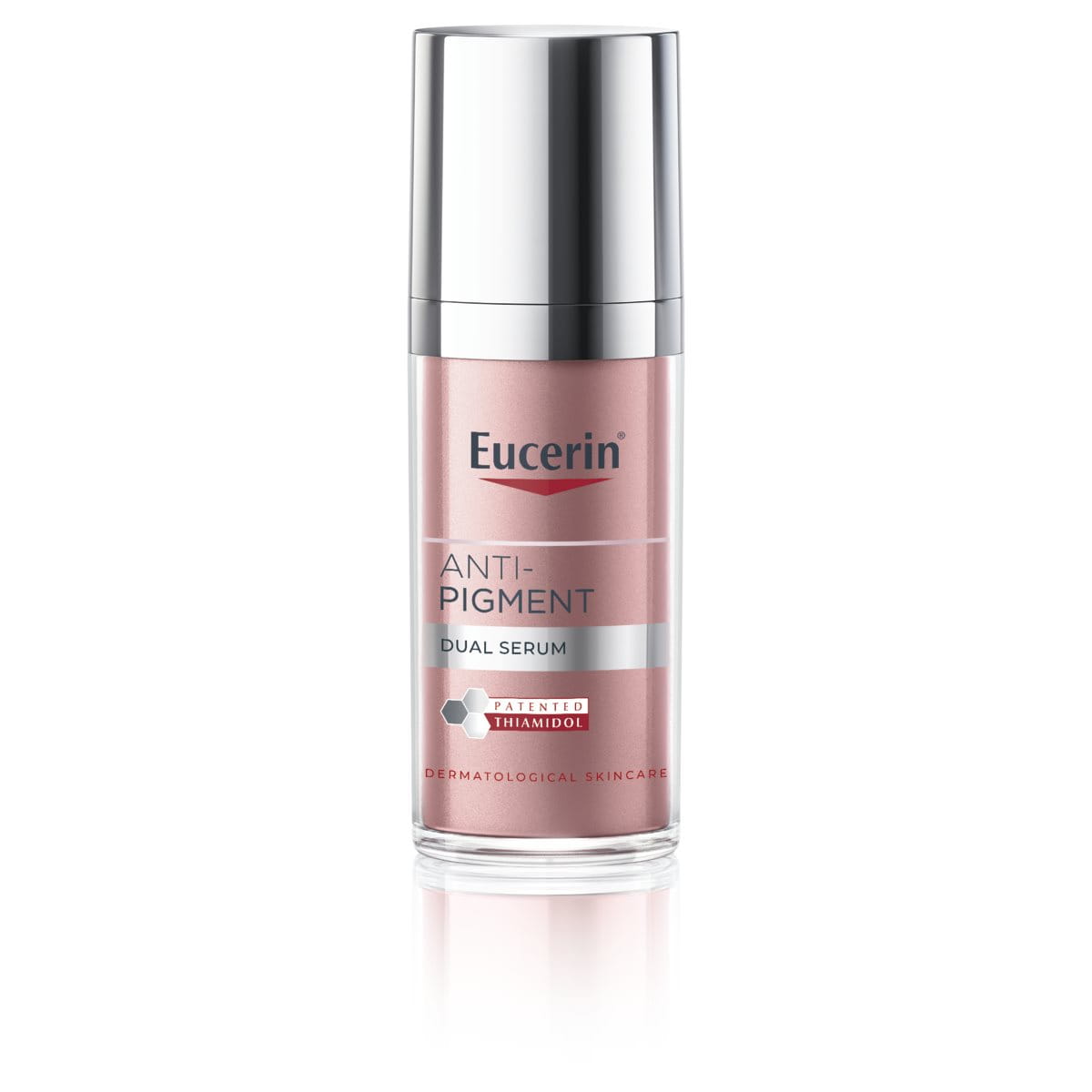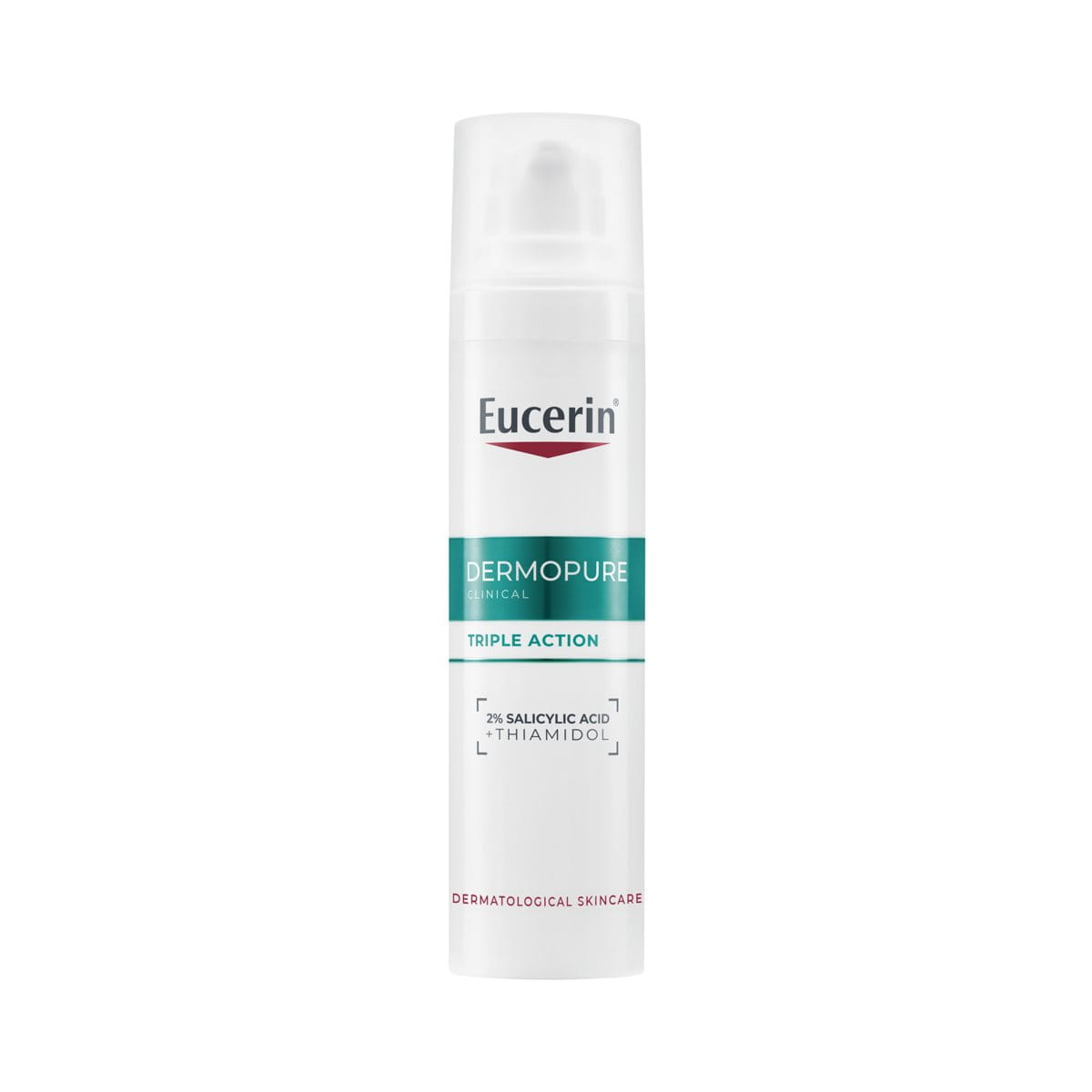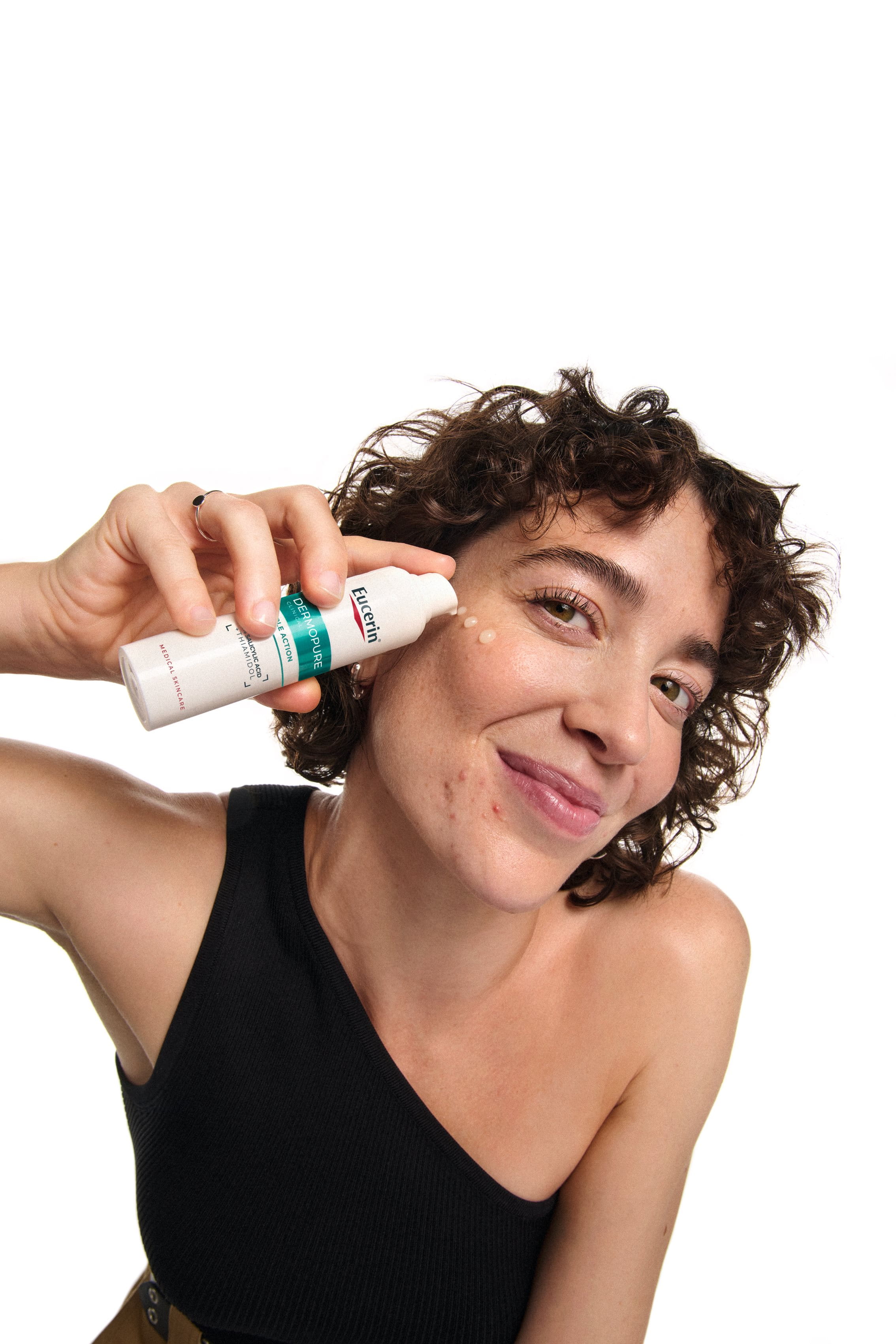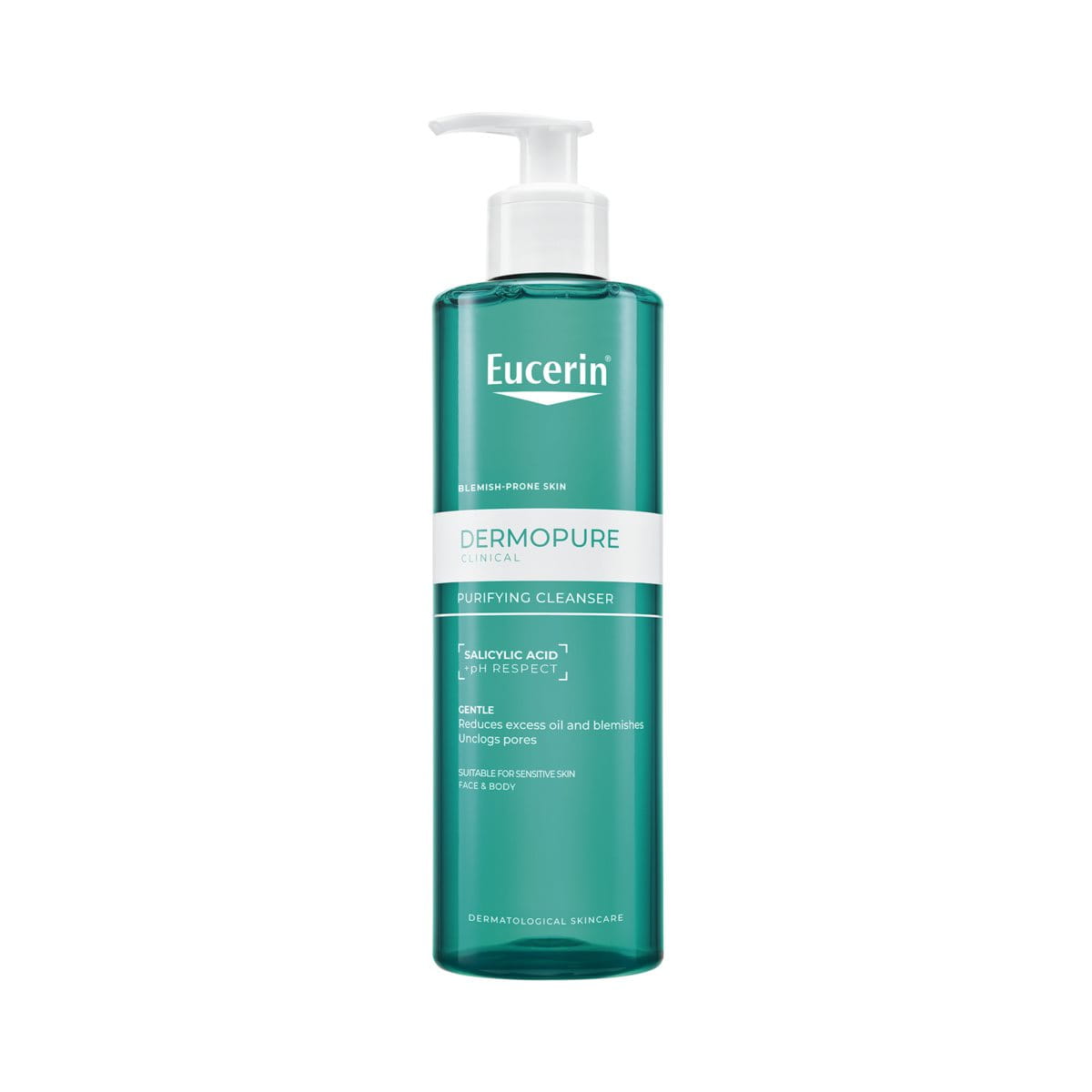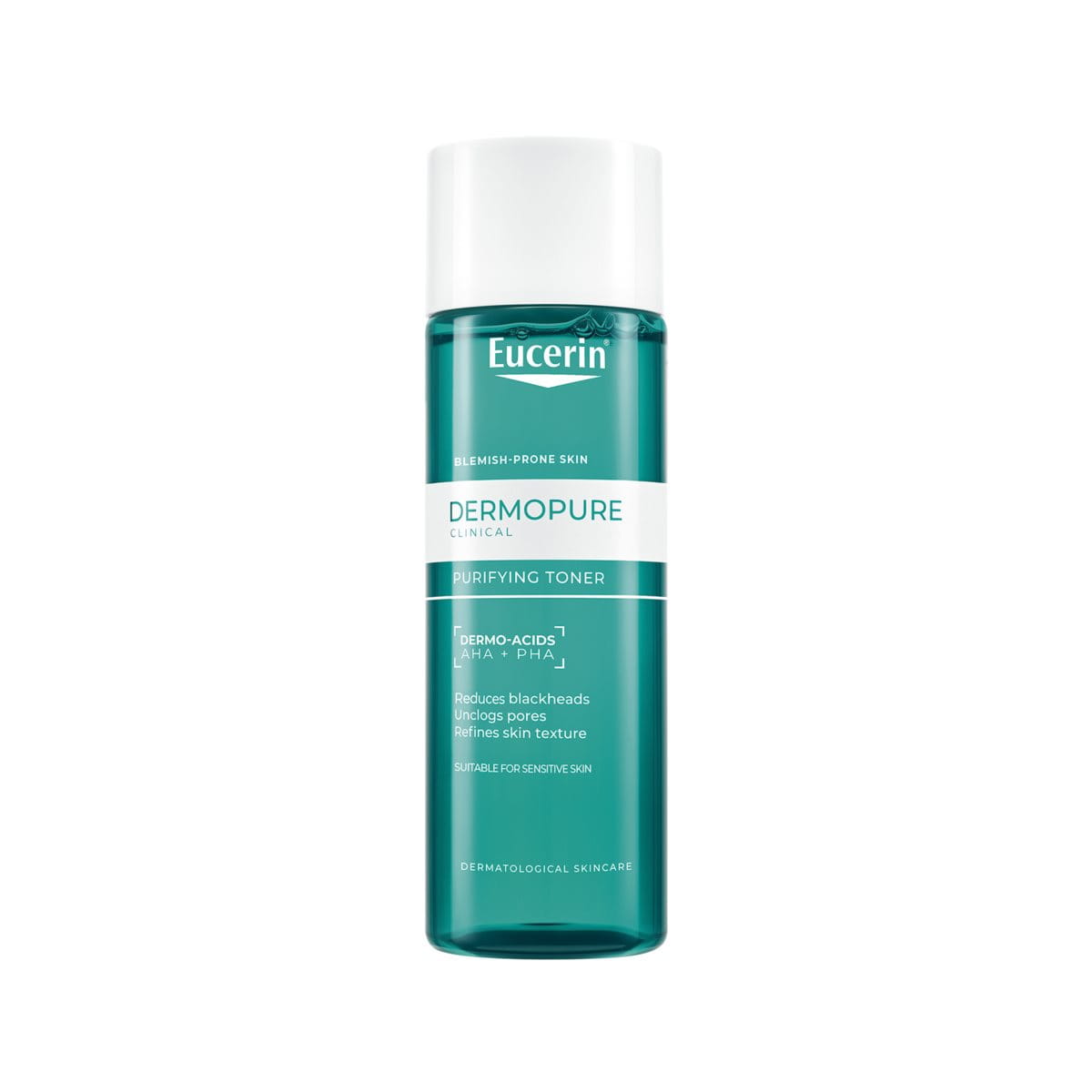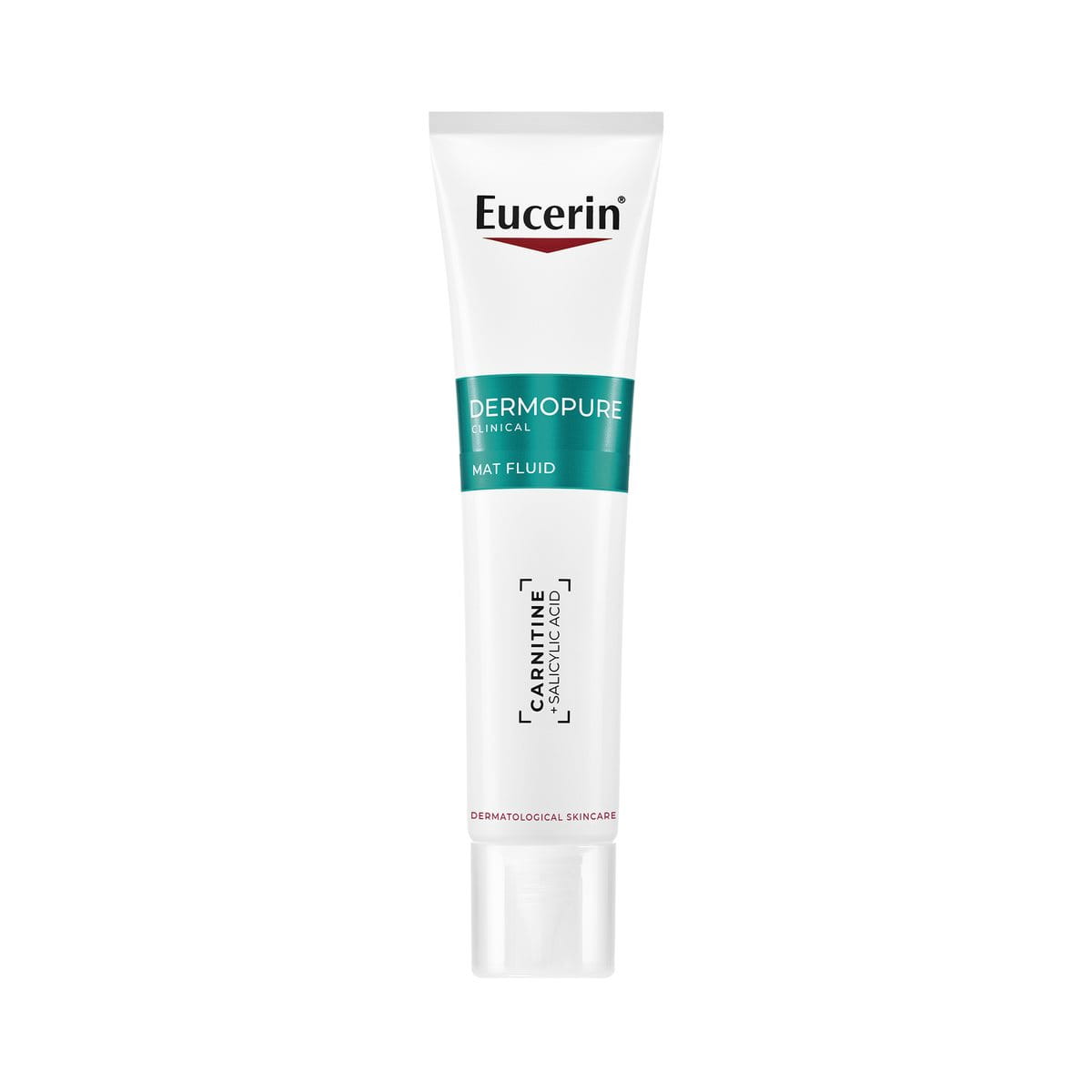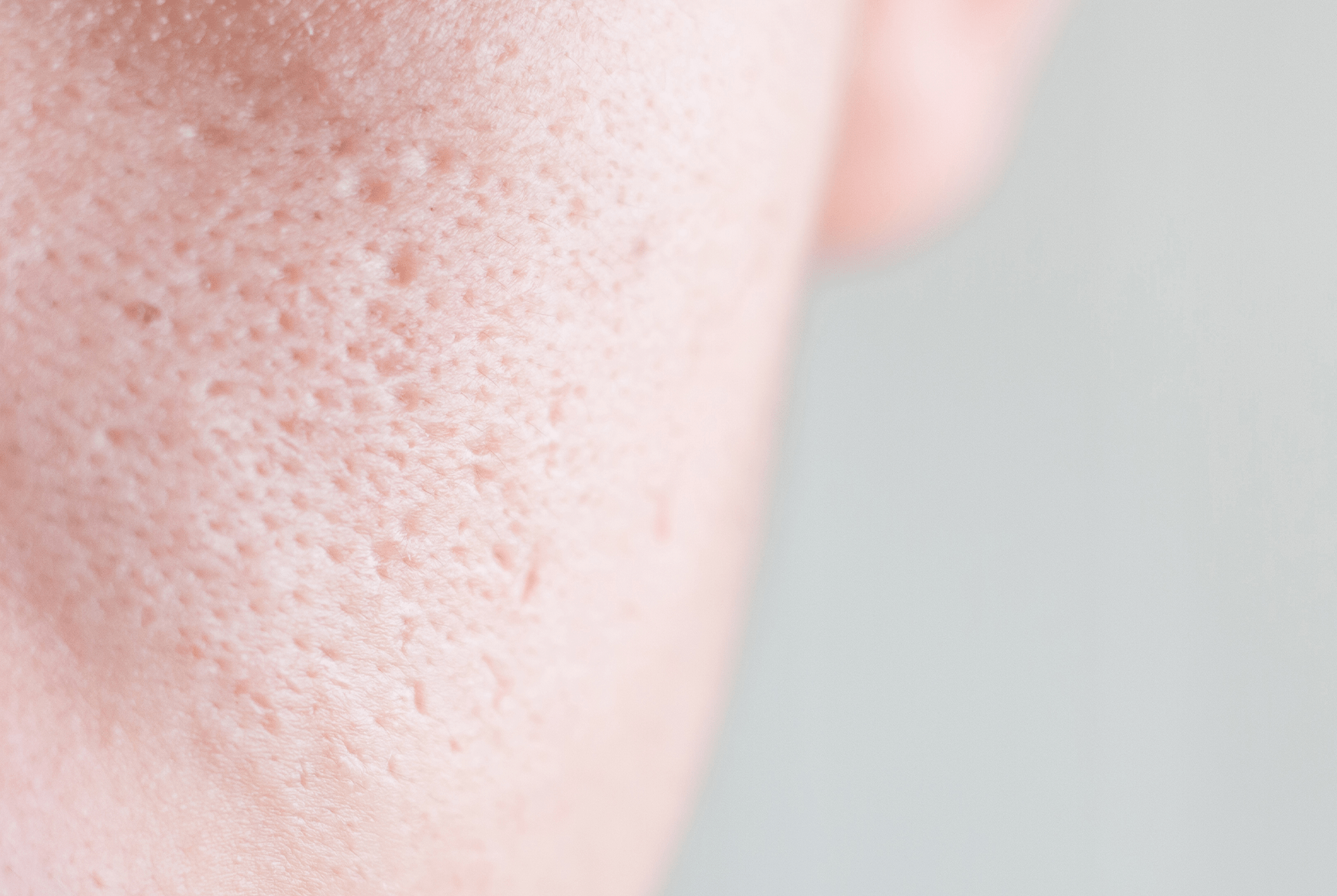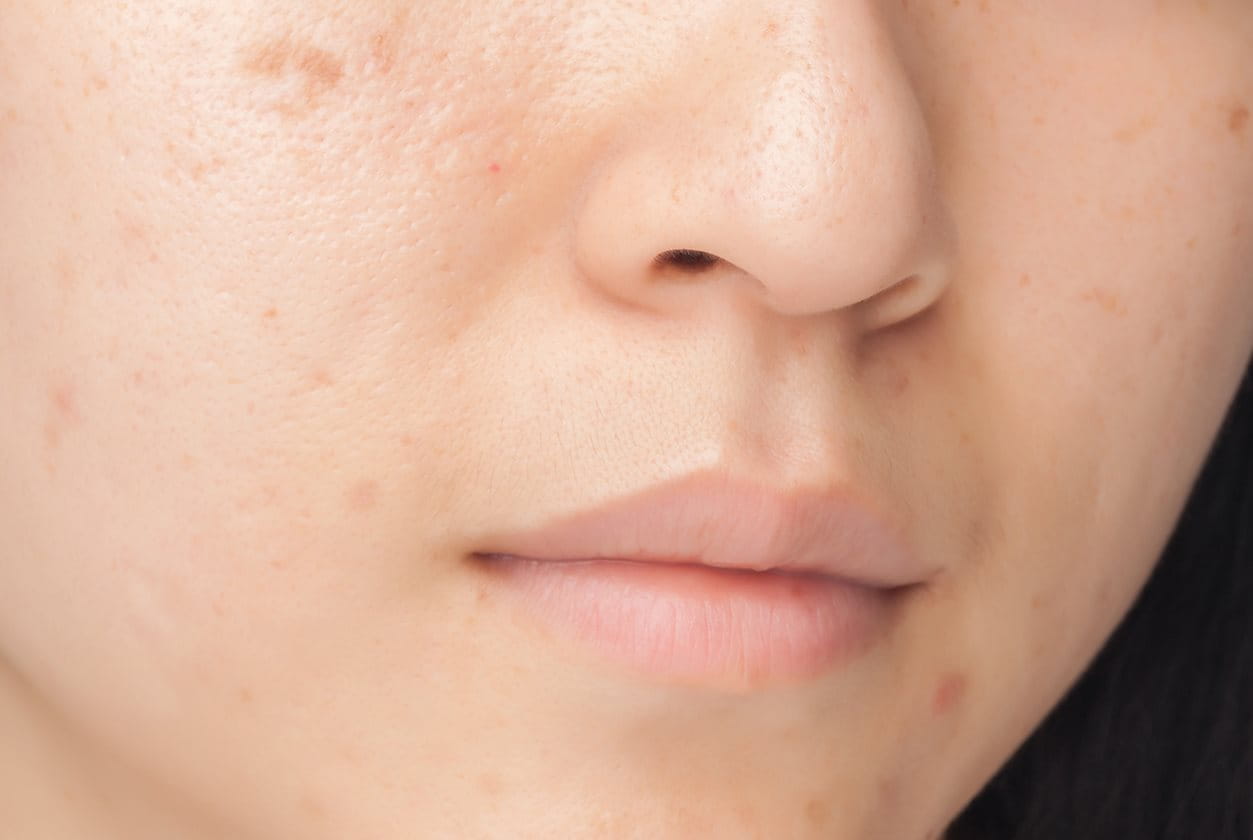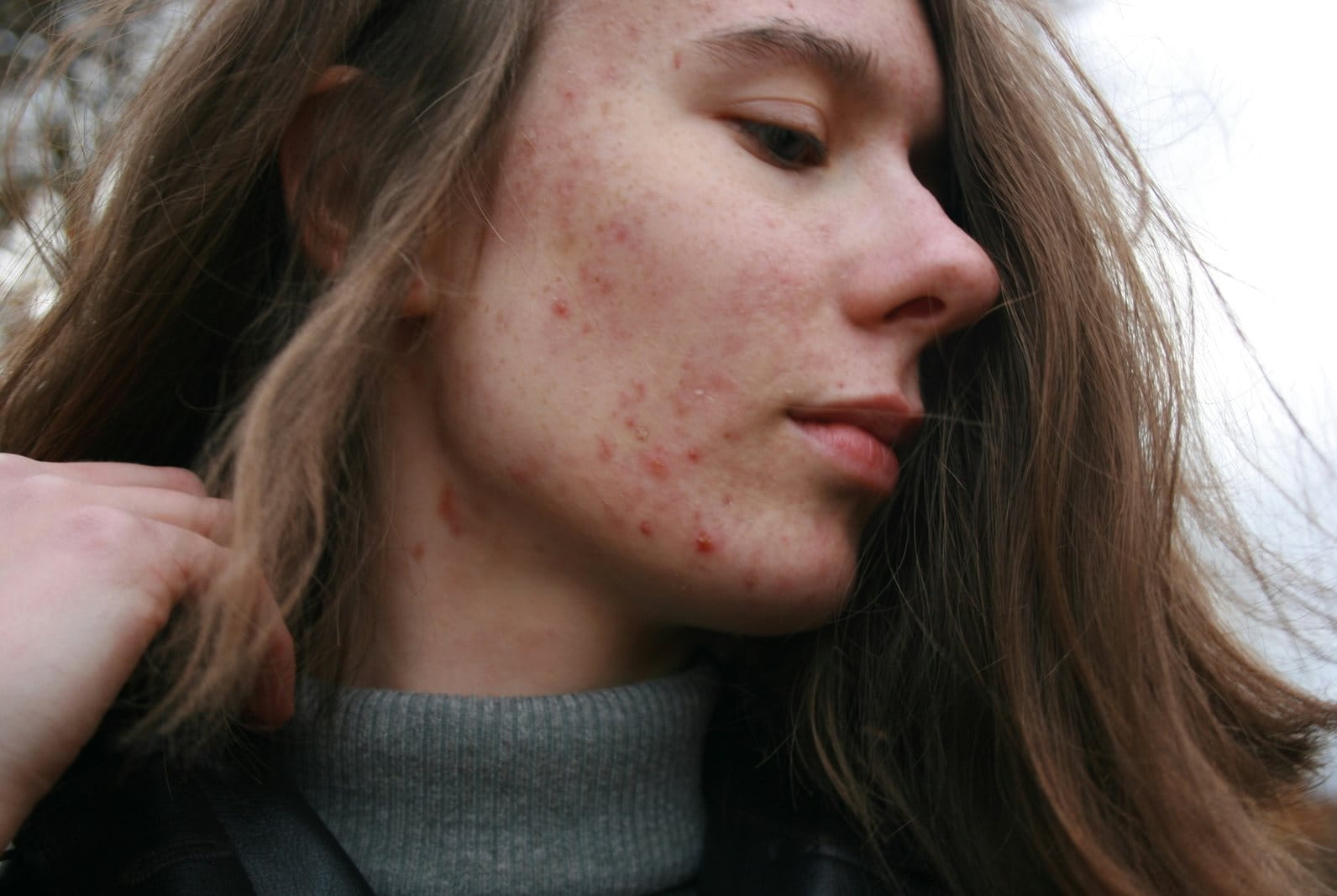Published: September 2021
Last Reviewed: September 2025
Acne is a common dermatological condition that can affect people at any age. It occurs when pores become blocked with excess sebum, dead skin cells, and sometimes bacteria, leading to inflammation and visible blemishes. Hormonal changes, genetics, and environmental factors are known contributors, while the influence of diet remains an area of ongoing research.
Although diet is not the sole cause of acne, evidence suggests that certain dietary habits may affect the frequency and severity of breakouts in some individuals. Understanding these connections can help those with blemish-prone skin make informed lifestyle choices and support overall skin health.
